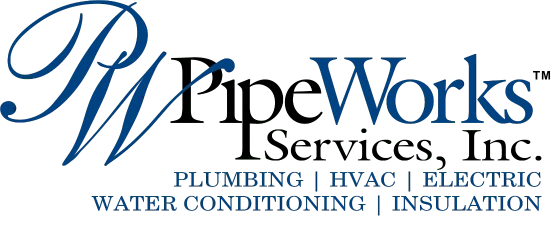When was the last time your sump pump got a maintenance check? Located in a dark, dank pit on your basement floor, a regular sump pump test isn’t high on most homeowner’s to-do lists. However, the day your basement floods — ruining stored possessions, shorting out electrical circuits, and potentially damaging the structure of your home — will be the day your non-functional pump has your undivided attention.
Sump pumps spend most of their life waiting for seeping groundwater, inundation from a busted water supply line in your home, or a heavy deluge outside. Here’s what a qualified plumber can do to make sure your sump pump is ready when you need it most:
- First, he’ll check the end of your discharge pipe outdoors to make sure it’s not obstructed by dirt, ice, or small animal nests.
- Back indoors, he’ll disconnect power to your pump and check for standing water down at the bottom of your sump basin. More than a few inches of water are a red flag.
- After disconnecting the discharge line from the pump — usually a PVC pipe with a screw-in connection — the technician will lift your pump out of the basin and visually inspect the inlet screen for debris that may be clogging it. If necessary, he’ll remove the screen and clean it.
- While the pump’s removed, he’ll remove any floating debris.
- After re-installing your pump, connecting the discharge line, and restoring power, your pump will be tested. Your technician will pour five gallons of water into the basin and pump to verify the proper on/off action of the float switches and the check valve.
- Outside, he’ll make sure the discharge pipe has fully discharged and that there’s no residual water inside to freeze.
Do your leisure plans include time with your sump pump? If not, contact Pipe Works Services in Northern New Jersey for a professional inspection and test. We service Chatham, Morristown, Basking Ridge, Union, and the surrounding areas!




